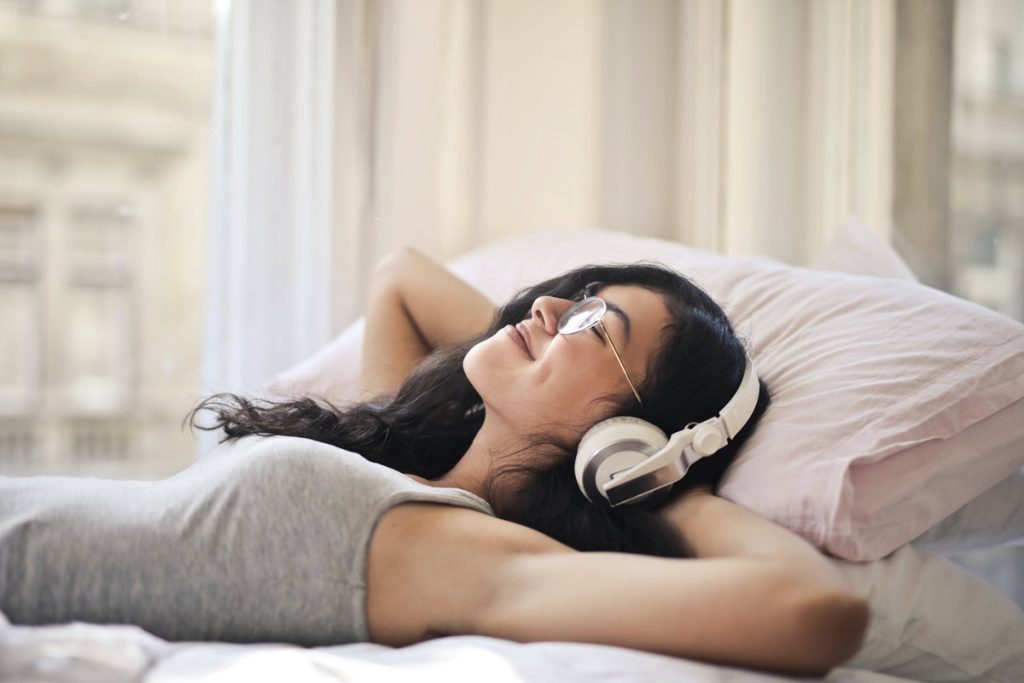Self-care is more than just soaking in a bubble bath and applying expensive facial masks. It’s an essential part of our overall health and well-being and something we should all prioritize. Whether you’re dealing with chronic stress, struggling to get enough restful sleep, or simply looking for ways to boost your mood and energy, incorporating self-care practices into your daily routine can make a significant difference.
In this guide, you’ll learn more about the different types of self-care and provide practical tips and tools to help you take better care of yourself.
A Better Understanding of Self-Care
Self-care is any activity you do to boost your physical, mental, social, spiritual, and emotional well-being. It’s being mindful of your needs and taking steps to ensure they’re met in a healthy, sustainable way.
Different Types of Self-Care
There are several types of self-care, each of which is important in its own right:
Mental self-care
This involves taking steps to care for our minds and emotions, just as we do for our physical bodies. It can include practicing mindfulness, engaging in creative hobbies, reading, or learning something new.
Physical self-care
Physical self-care means taking care of your body. This can include exercise, healthy eating, getting enough sleep, and using devices such as an EMS machine (Electrical Muscle Stimulation) to help with muscle recovery and building.
Social self-care
Maintaining strong, positive social connections is crucial for your mental and emotional health. This is one good reason to spend more time with people who support and uplift you. Volunteering in your community or joining clubs that align with your interests may help.
Spiritual self-care
Spiritual self-care focuses on taking care of your spiritual or religious beliefs. For this, you can meditate, pray, attend religious services, or spend time in nature.
Emotional self-care
Emotional self-care is all about taking care of your emotions and feelings. This can include activities such as journaling, practicing gratitude, or seeking therapy or counseling when needed.
Why Is Self-Care Important?
Self-care helps improve your overall well-being. When you focus on yourself and give it what it needs, you feel better emotionally, physically, and mentally.
7 Self-Care Tips for Mental Health
If you’re trying to give yourself more love these days, here are some tips to get started:
1. Develop mindfulness
Developing mindfulness is a powerful way to counteract the stress of daily living and cultivate a sense of inner peace and calm
Try setting aside a few minutes each day to practice meditation. Find a quiet place where you won’t be interrupted and sit comfortably with your eyes closed. Focus on your breath, noticing the sensations of each inhale and exhale.
2. Get Moving
Regular physical activity can have numerous benefits, not just for your physical health but your mental health, too.
Exercise releases endorphins. These are your body’s natural mood boosters that can help to reduce stress, anxiety, and depression.
3. Spend Time in Nature
You don’t have to spend a long time outside each day. You can start with just 30 minutes.
Go for a short walk in a local park or nature reserve, or spend time in your garden. You can simply try sitting outside and enjoying the fresh air.
If you live in an urban area, try to find green spaces such as community gardens or public parks. Alternatively, you can take a day trip to a nearby nature reserve or beach.
4. Practice Positive Self-Talk
To practice positive self-talk, start by becoming more aware of your inner dialogue. Notice when you’re being self-critical or negative, and try to reframe those thoughts in a more positive light.
Practice positive self-talk to focus on your strengths and accomplishments. Make a list of your positive qualities and achievements, and read it over regularly to remind yourself of your worth and capabilities.
5. Change Your Sleep Routine
Getting enough restful sleep is crucial for physical and mental health, yet many of us struggle to get the recommended 7-9 hours of sleep each night.
One way to get better sleep is to use a Cranial Electrotherapy Stimulation or CES device, a non-invasive tool that uses low-level electrical currents to promote relaxation and reduce anxiety. These devices are effective in treating insomnia and improving sleep quality.
If you struggle with anxiety or racing thoughts at night, try writing down your worries in a journal before bed to help clear your mind.
6. Grow Your Network
Cultivate relationships with people who uplift and support you, and consider volunteering or joining a group or club that aligns with your interests.
7. Pay Attention to Your Stress and Mood
Our general health and well-being can be significantly impacted by both stress and mood, which are closely related.
Persistent stress can cause various health issues, such as high blood pressure, heart disease, and anxiety, and unfavorable emotions, such as melancholy, rage, or impatience, which can deplete our energy and demoralize us.
Using a TENS machine (Transcutaneous Electrical Nerve Stimulation), a non-invasive device that stimulates nerves with electrical impulses to lessen pain, anxiety, and sadness, is one technique to pay attention to your stress and mood.
Conclusion
Self-care is not a luxury but a necessity for overall health and well-being. By making it a regular part of our lives, we can cultivate resilience, self-awareness, and inner peace, allowing us to navigate life’s challenges better.
Taking care of yourself is an act of self-love and self-respect, not selfishness. So, prioritize self-care and incorporate it into your daily routine to live a happier, healthier, and more fulfilling life.
About the Author: Kim Xu is an experienced physiotherapist who graduated from the University of Melbourne. As a clinical physiotherapist, Kim’s main passions are musculoskeletal health, sports rehabilitation, and mental health. She has incorporated these experiences into her services as a healthcare and medical content writer.
Using her medical and health background, She specializes in developing both informative and marketable content.
Photo by Andrea Piacquadio: https://www.pexels.com/photo/woman-in-gray-tank-top-lying-on-bed-3807729/
The opinions and views expressed in any guest blog post do not necessarily reflect those of www.rtor.org or its sponsor, Laurel House, Inc. The author and www.rtor.org have no affiliations with any products or services mentioned in the article or linked to therein. Guest Authors may have affiliations to products mentioned or linked to in their author bios.
Recommended for You
- The Truth about Relapse in Addiction Recovery - April 14, 2025
- The Power of Peer Support in Mental Health Recovery - April 10, 2025
- Artificial Intelligence in Anxiety Management: How AI Helps Users Cope with Anxiety Symptoms - April 3, 2025





